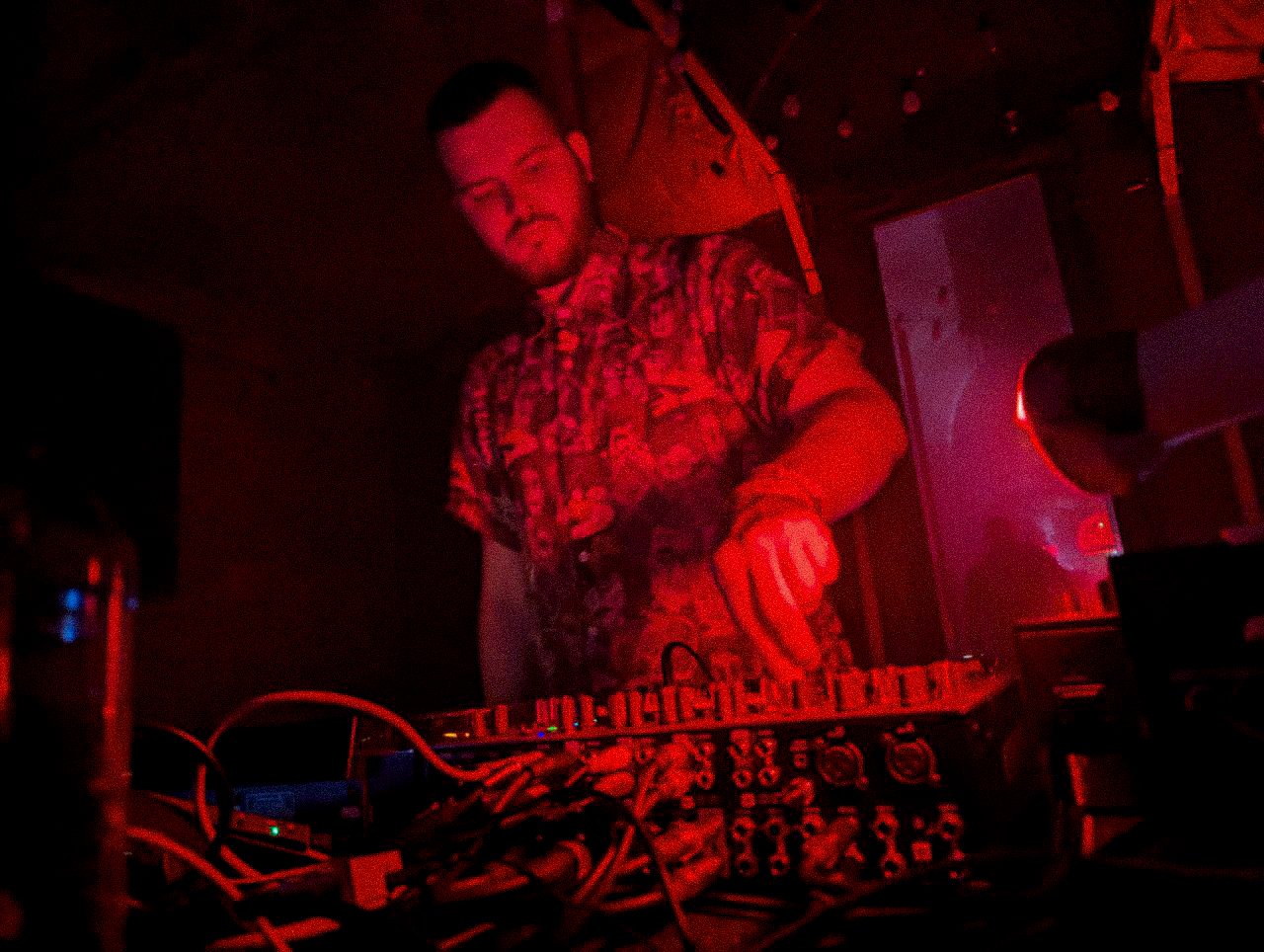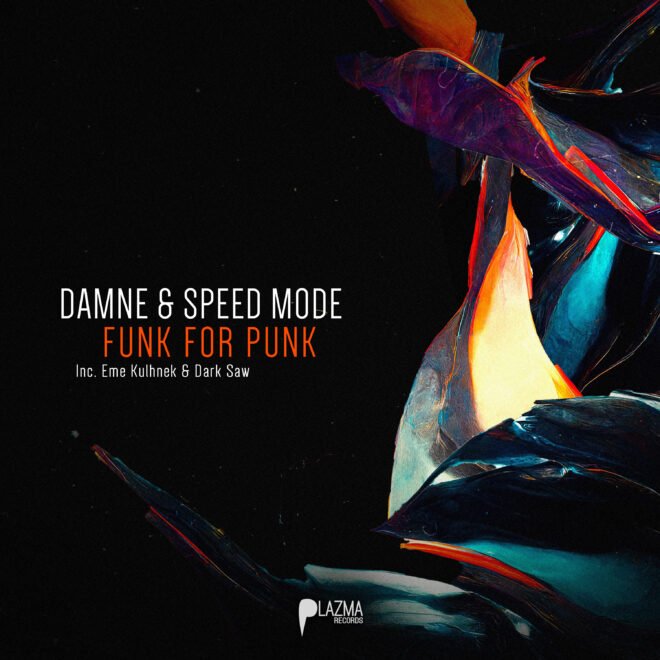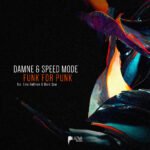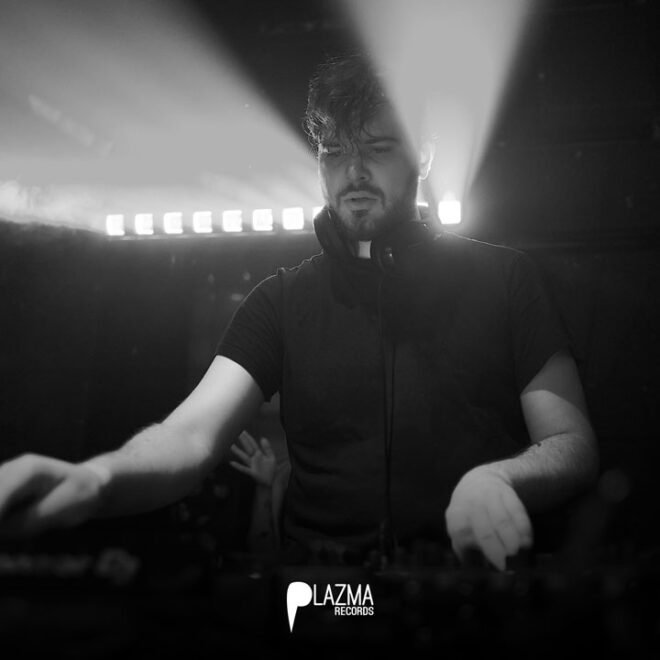Nikolay Ivanov, better known by his alias Damne, stands out as a gifted and visionary techno artist hailing from Russia. Ignited by the surge of Minimal Techno’s prime, he has meticulously forged a distinct artistic persona that effortlessly fuses style, enigma, and rhythm.
In this exclusive interview, Damne invites us into his world, sharing insights into his inspirations, creative process, and his ever-evolving sound. From his initial encounters with Techno to his current ventures, his story is a riveting narrative of dedication, resilience, and artistic growth.
However, against the backdrop of ongoing geopolitical tensions between Russia and Ukraine, where Russia is globally viewed as an aggressor, individuals from Russia, including musicians and artists, are under intense scrutiny. In this interview, we delve into how these events have shaped Damne’s life and music and gain perspective on the techno industry’s evolving landscape. Join us as Damne reflects on his musical journey, the challenges he’s faced, and the opportunities that lie ahead.
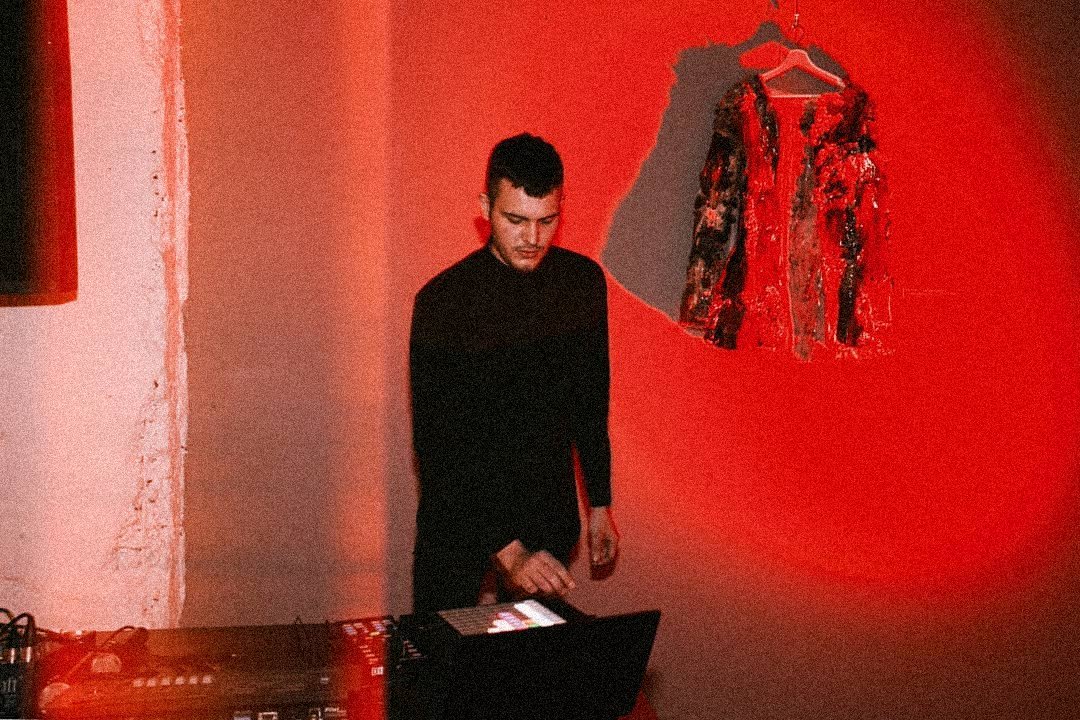
To begin with, what is your full name, age, and where are you from?
Ivanov Nikolay, 27 years old, Lipetsk, Russia.
What does your alias, Damne, mean and how did you come up with this name?
The name doesn’t carry much meaning. I adopted this pseudonym when I transitioned away from making melodic techno/neo-trance music and felt the need for a new identity.
What did you aspire to be as a child?
I think I wanted to be either a pilot or a cosmonaut when I was a child. My military service took place at a spaceport where I was involved in telemetry adjustments for ballistic missile and intercontinental launches. So, I did get really close.
Is music your sole occupation, or do you have another profession or career alongside it?
I’m also involved in managerial work. Amidst the chatter of colleagues or the clanging of metal at the factory, I reside in an industrial city. Relaxation, for me, means making the most of any extra free time I have by diving into Ableton.
Can you identify any particular movements or individuals who have had a significant impact on your journey to where you are now?
Getting a boost in the area I was born and live in is like getting bad advice. Sadly, that’s how things are in these places.
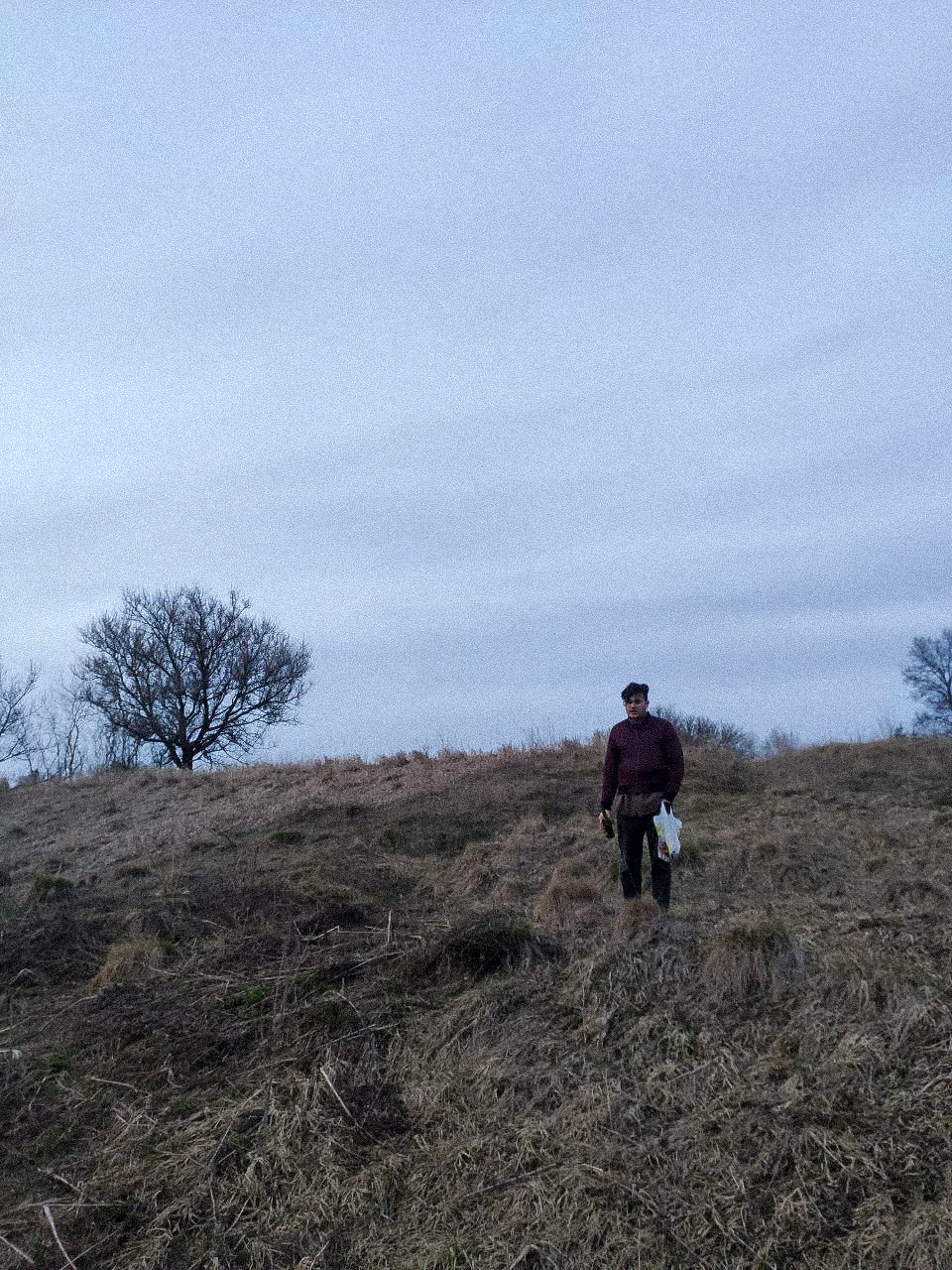
Can you tell us about your journey as a music producer? How did you get started and what drew you to Techno specifically?
There’s not much to tell just yet. My teenage years coincided with the rise of Minimal Techno, which fascinated me with its style, mystery, and groove. Growing up in the suburbs, electronic music was scarce, and even though the internet has since provided more access, the appetite for it has only grown.
As a Russian artist, how has your cultural background influenced your music, both in terms of sound and thematic content?
My affinity for distortion might be attributed to my Russian background. I don’t consciously incorporate a specific ethnic vibe into my works, but what matters to me is that all the elements of groove and space function like a factory – smoothly and robustly. The concept of musical factories was vividly depicted by a fellow countryman of mine in the beginning of the great work ‘We’, authored by Zamyatin.
Do you incorporate storytelling into your productions? Are there any specific narratives or themes you like to explore?
I believe that my track ideas are generally built upon stories. Often, if we’re not talking about my classic work tracks focused on groove and atmosphere, the inspiration comes from narratives. The release ‘Funk for a Punk’ is, I think, a good example of this.
The ongoing situation between Russia and Ukraine has undoubtedly impacted people on both sides. Can you share your thoughts on how such external events might find their way into your creative process and influence your music?
Actually, it has had a significant impact. While artists from one side receive support and the situation propels many of them to success, for those who remain in Russia, it appears as a profound sense of depression with no way out. The only option seems to be leaving.
Has this geopolitical conflict led to any challenges or opened up new opportunities for you in terms of collaborating with artists and reaching audiences from different regions?
Some Western labels and artists, not to mention bookings (logistics costs have surged), are reluctant to collaborate with Russian musicians. I’m really glad that the artists I release on my label or those who release my tracks take a neutral stance and don’t hold me responsible for this information and human turmoil.
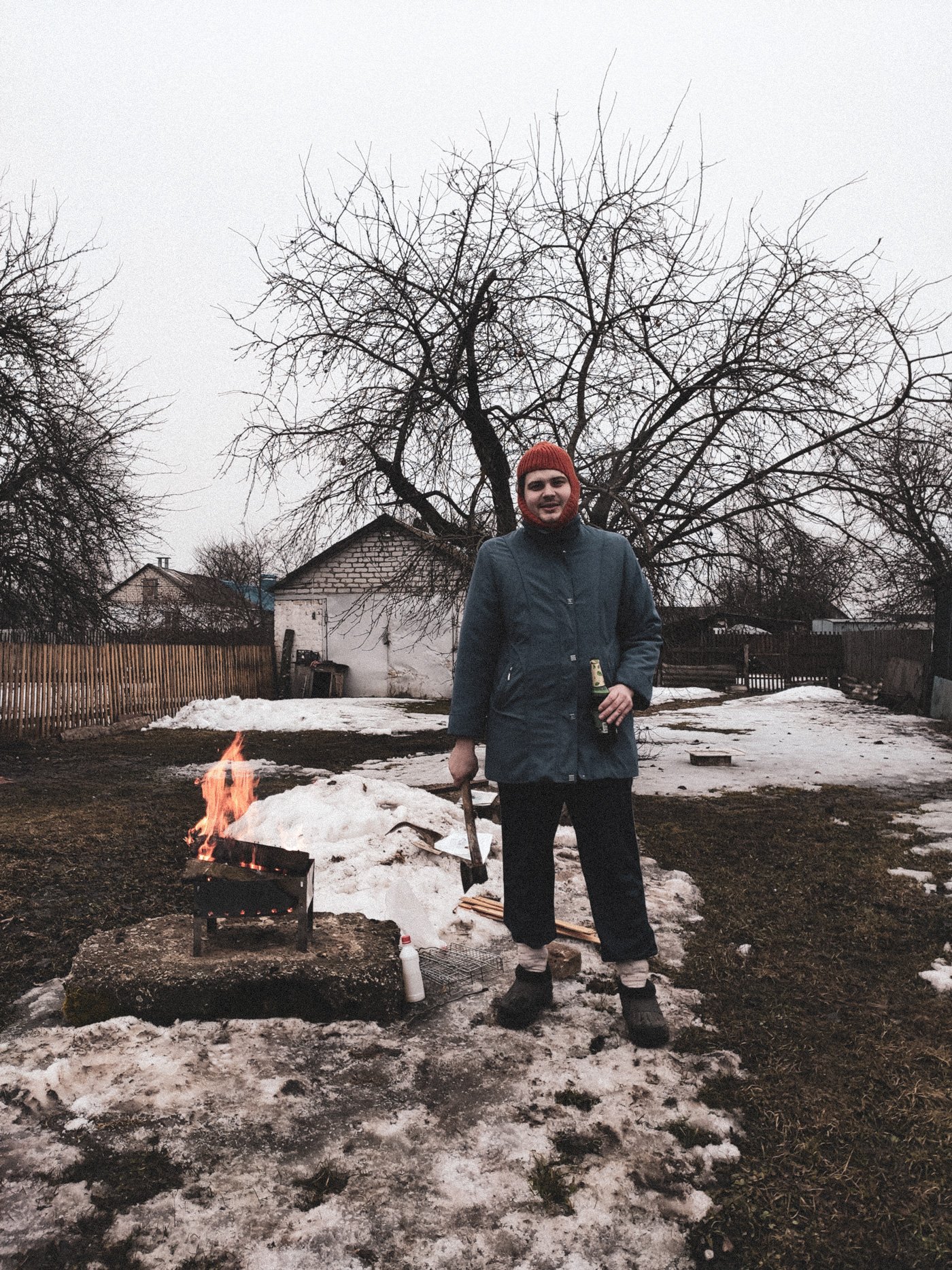
Can you tell us about your DJ debut? Where did it happen and how did it unfold?
It all began with small-budget local open-air events – very heartfelt gatherings usually filled with positive vibes, minimal sound, and diverse artists.
In terms of my development as a DJ, it’s been minimal. It’s linked to the material that interests me, the music I work with, my expectations, and aligning those with the interests and tastes of the majority of promotion teams and the audience.
Currently, I take part in m_division events like Gamma and Delta, where I feel at home among like-minded people. It’s my mood and vision of music, light, and the dancefloor atmosphere.
What is your standard or preferred technical setup for your performances?
It’s two Pioneer decks and an Allen & Heath 92/+96 mixer, or Ableton + Push + Allen & Heath 96 – enabling me to play in 4 channels, crafting sequences, drum loops, and textures during my performance.
How do you typically prepare before a gig? And how much room do you leave for improvisation in your sets?
I usually compile my sets in advance, reserving about a third of the set for tracks from other artists or releases from my label.
In your opinion, what are some key elements that contribute to making a DJ set memorable and leaving a lasting impact on the audience?
When a mix is thoughtfully structured with a narrative and intriguing mixing points rather than just technical blending. Overall, this is probably the essence of preparing for a performance.
What advice would you give to aspiring music producers and DJs, particularly those interested in exploring the Techno genre? Are there any key lessons or insights you’ve gained from your own experiences?
You need to feel and understand how the dance floor operates, even while sitting in your studio.
What is the most significant sacrifice you’ve had to make or continue to make in pursuing your passion for music?
There have been many sacrifices, and they’re ongoing. It’s tough to be an underground artist and sustain a living this way. It doesn’t always involve exciting work, and there isn’t always the opportunity or time (at the expense of music) to take breaks.
What is one track that never gets old for you no matter how many times you heard it?
Spektre – Seq & Destroy
The digital era has significantly changed the way music is consumed and distributed. How do you navigate the challenges and opportunities presented by streaming platforms, social media, and online communities to connect with your audience and maintain a meaningful presence?
I find it challenging to navigate, especially with the artificial lowering of reach on platforms like Instagram (now known as Meta, an organization banned in Russia) due to the ongoing geopolitical situation. Labels have been instrumental in helping with this.
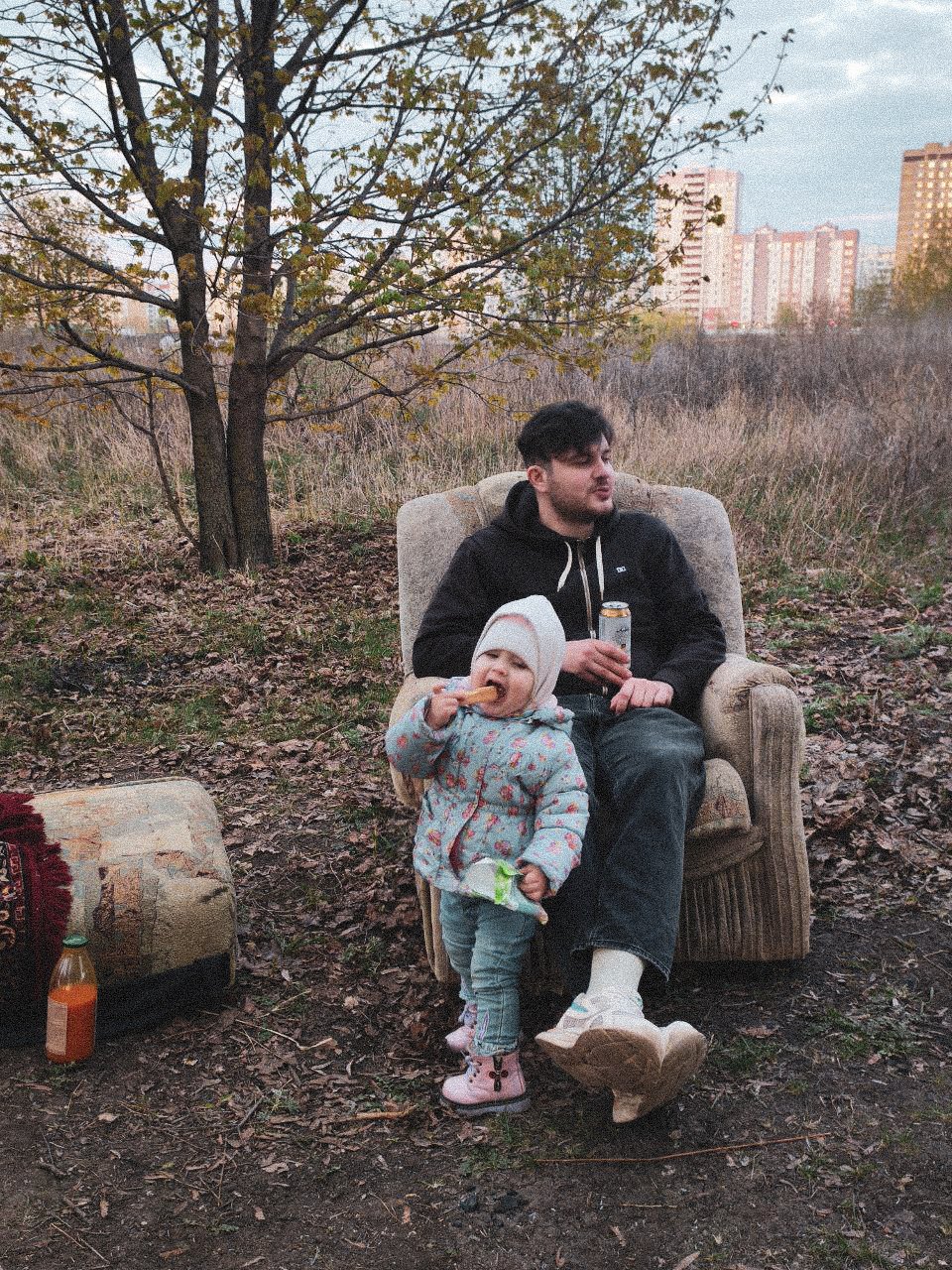
What are your thoughts on the potential role of Techno music in aspects such as expanding consciousness, encouraging personal growth, and fostering connection and community, both within and beyond the dancefloor?
I believe Techno music can be approached as a tool for such purposes. However, an active approach, willingness, and a certain mindset shaped by experience are necessary. Everything should be done consciously.
The techno industry has experienced significant growth and changes over the years. From your perspective, how has the industry evolved, and what are some positive or negative aspects you’ve observed throughout your journey as an artist?
It hasn’t impacted me as much given my position, but it was disheartening to witness the decline of labels that once defined my techno taste. They started releasing more commercial music. Some labels have closed down. Labels have become even more niche, often reflecting the sound and preferences of the label owner rather than a specific concept. If you want to be part of them, you need to create percussion like everyone else does, and so on.
Collaborating on a release is a unique creative endeavor. Could you share some insights into the inspiration behind your joint EP “Funk for Punk” for Plazma Records? Additionally, what was the collaborative process like between you two as you worked together to bring this project to life?
Unfortunately, we currently live in different countries, and even before that, we were thousands of kilometers apart. This is our 5th or 6th collaborative release. The idea was to create a positive, funky, working techno vibe without heavy elements—just lively, danceable, and energetic.
How do you see your personal sound evolving and progressing in the future? Additionally, what are your aspirations and objectives as a music producer and DJ, looking ahead?
I would like to break through that barrier which is now evident to all of us and get gigs, actualize all the aspects regarding collaborations, releases on specific labels, engage in face-to-face conversations with many artists, and probably, ultimately, ‘be in the scene’.
Are there any upcoming projects or collaborations that you’re excited about and would like to share with your fans and the audience?
On my label, there are many exciting releases lined up. Some upcoming guests include Nicko Shuo, Linear Phase, Esteban Miranda, and Drucal. As for my own work, I’m wrapping up the third EP, and I’m in the process of collaborating with my techno artist friends. Kontantin Darko and I are working on intricate techno thrillers, while Tutulsky and I are crafting vivid conceptual hypnotic techno. Also, I think we’ll soon be collaborating in person with Speed Mode. Part of my time goes into ghost production, which slows down my personal releases.
